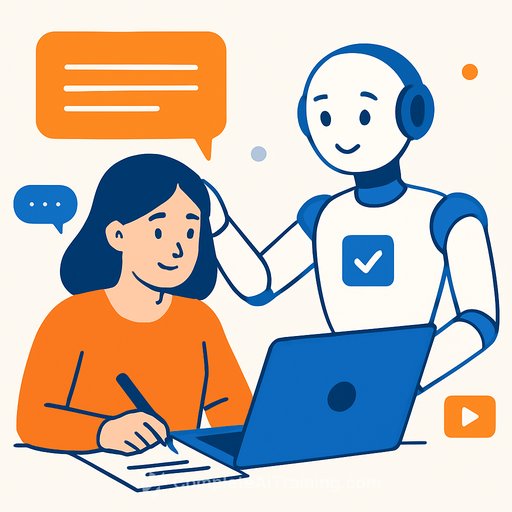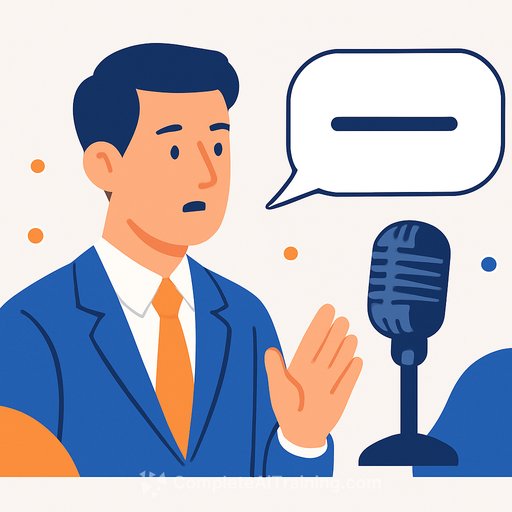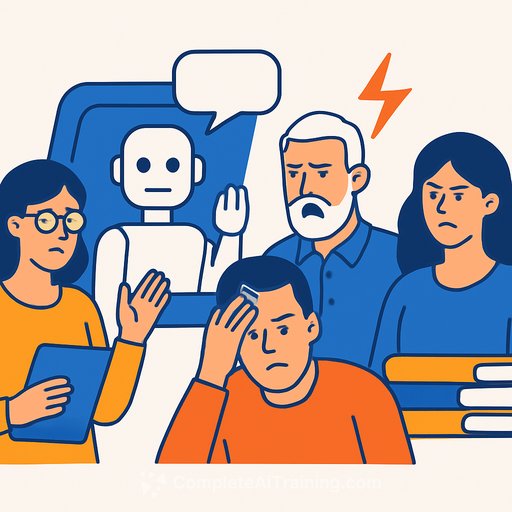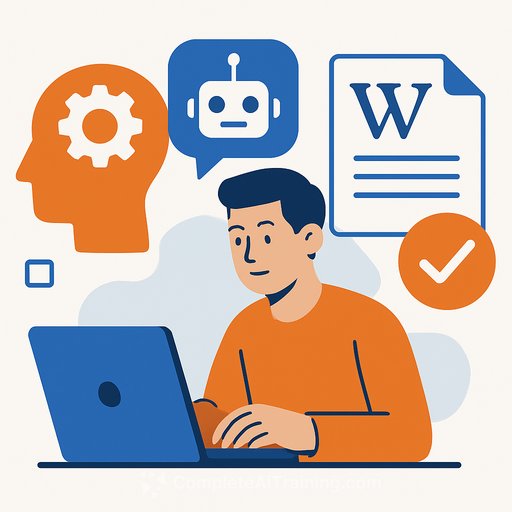Our national AI strategy doesn't address the concerns of creators
Writers aren't scared of tools. We're wary of systems that take without consent and call it progress. That's the problem staring us down: AI trained on our books without permission, compensation, or clear limits.
New Zealand's current approach feels loose. The national AI strategy is vague, and the new arts plan, Amplify, somehow didn't even mention books. Meanwhile, AI companies train on pirate libraries and retail copies alike, then ship products that compete with us.
What's actually happening
- Models have been trained on huge datasets that include copyrighted books scraped without consent. Datasets like LibGen have been used for machine learning, putting licensed and pirated copies into the same blender.
- Writers around the world are pushing back. Hundreds of UK artists warned their government that giving away creative work would gut future income and cultural autonomy. Across the EU, creators argue the AI Act still misses the mark for rights-holders.
- In Australia, authors are rejecting a blanket copyright exception for AI training. As Trent Dalton put it, "AI just steals the shiny finished product." Thomas Keneally: "It's copyright. And our right has been taken away."
- Litigation is active and messy. One major case resulted in a reported settlement that still left a loophole: preventing training on pirated copies but not necessarily on purchased ones. That's a direct hit to authors' rights.
Why this matters for working writers
- Unlicensed training dilutes your income, your voice, and your edge. It floods the market with derivative work that looks like you but isn't you.
- Your contracts, reprint rights, and licensing leverage weaken when "good enough AI" is the fallback. That's a bargaining problem, not just a tech problem.
- We still have a strong reading culture. A 2025 Read NZ survey found 87% of New Zealand adults read a book in the past year. Protecting that ecosystem should be obvious policy.
- Our literature is part of national identity. If we don't set guardrails, we flatten our distinct voices into training data.
Moves you can make this week
- Audit and register: Register copyrights where possible. Track where your ebooks and audiobooks are distributed. Keep receipts, timestamps, drafts-evidence matters in takedowns and disputes.
- Block known AI crawlers (for your site, newsletter archives, and online samples). Add robots.txt rules and server headers. Compliance is voluntary-but it sets a clear legal signal:
- User-agent: GPTBot - Disallow: /
- User-agent: ClaudeBot - Disallow: /
- User-agent: Google-Extended - Disallow: /
- User-agent: CCBot - Disallow: /
- User-agent: PerplexityBot - Disallow: /
- Use "No AI training" clauses in contracts and permissions. Example language: "License explicitly excludes text and data mining and any use for machine-learning model training. Such uses require a separate written license and negotiated fee."
- Mark your work: Where suitable, embed content credentials for images/covers and add visible notices on author sites and PDFs stating "No AI training allowed." It's not perfect, but it strengthens your position.
- Enforce: Send takedowns to pirate sites and dataset mirrors. Document infringements. Join class actions or collective enforcement efforts where available.
- Coordinate: Work with your agent and publisher on indemnities, opt-outs, and dataset transparency. Ask how they handle AI in contracts and distribution.
- Stay literate in AI (on your terms): Know how these tools work so you can set smart boundaries. If you use AI, keep it in low-stakes zones (brainstorms, outlines), and keep final prose human.
What to push for (policy)
- Consent first: No training on books without explicit permission from rights-holders.
- Fair payment: If training occurs, it should be on licensed terms with compensation, not a vague promise of "exposure."
- Transparency: Public registries of training datasets and clear provenance standards. If a model ingested books, we should be able to see which books.
- Real opt-outs: Honor robots.txt, meta tags, and contractual exclusions. Make opt-out the default for copyrighted works.
- Enforcement with teeth: Penalties for using pirated data or ignoring opt-outs. Fast-track takedown mechanisms.
- Cultural investment: Funding and initiatives that prioritize human-made literature-because a reading nation deserves real voices.
Context you should know
- Some AI firms trained on collections that included pirate libraries. Even where courts intervene, gaps remain if training on retail copies is still allowed.
- Creators across the UK and EU continue to push for stronger protections. The debate isn't anti-tech-it's pro-consent, pro-payment, and pro-culture.
Useful links
Optional: level up your AI literacy without giving away your rights
- Curated AI tools for copywriting-useful for process, not for replacing your voice.
Bottom line
AI isn't the enemy. Permissionless extraction is. Until the national strategy catches up, protect your catalog, set hard lines in contracts, and organize with other writers. Our voices are worth defending-before they're treated like raw material.
Your membership also unlocks:






